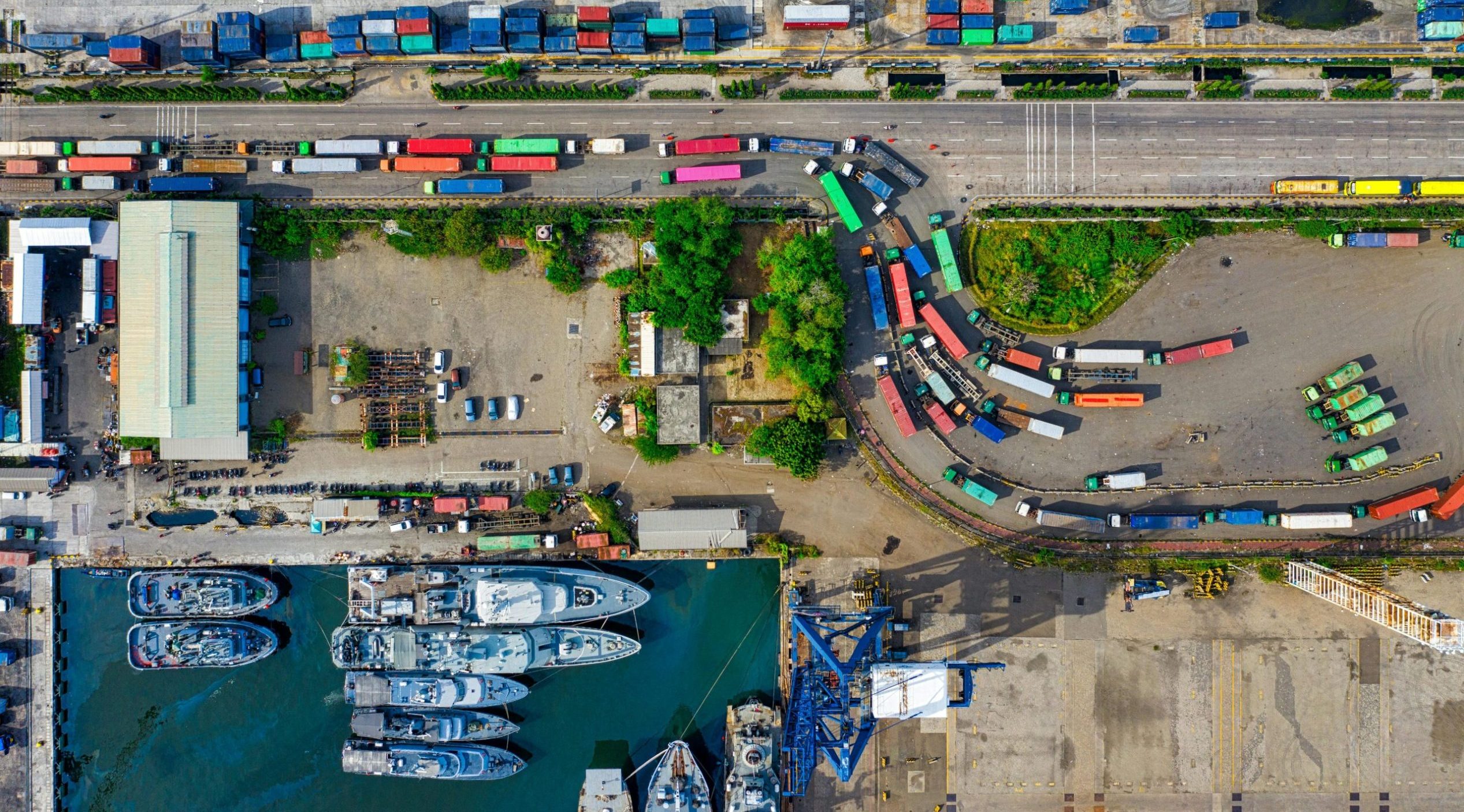- February 4, 2025
- by Wacads Group
- Industries
- 0 Comments
There’s a dramatic shift in the way retail industry delivers its products with today’s digital world. From $2, 382 billion in 2017 to $4, 248 billion in 2020, it is projected to grow almost double of up to $8,034 billion in 2027. As e-commerce continues to grow and the world becomes increasingly digitally interconnected, it is essential to leverage technology tools to analyze e-commerce logistics to deliver a continuously improving customer experience.
Technology in Logistics
The use of technologies such as big data analytics, the Internet of Things (IoT), and artificial intelligence (AI) can help facilitate real time data sharing and collaboration amongst supply chain partners to enhance their visibility and coordination. The data that is obtained and afterwards, analyzed can help design more efficient systems.
The Task of using the right Analytic Tools with Human Touch
According to Caplice, “it’s useful to think of the evolution of AI in logistics in the context of other tools. Traditional AI analyzes data to complete specific tasks. Generative AI uses large language models to take something in context, summarize it, and generate new content. Operations research uses scientific methods to study systems that require human decision-making, using approaches such as linear programming and network models.” Traditional AI, generative AI together with operations research may complement each other well to deliver better logistics.
Logistic Challenges and AI
Kristin states that logistics faces 4 main challenges. Those are:
- The need to connect supply chain networks and supply chain fragmentation
- Disruptions and changes in pricing (market volatility)
- Health and safety concerns, driver safety and digital fraud
- The environmental impact of trucking and freight industries tied to the supply chain
Some of these challenges are being address by innovation in technology by using AI tools to predict better pricing estimations and help researchers analyze and improve on routing outcomes. The article also states the benefits of using AI technologies such as:
- Superior Performance Beyond Training Data: AI models often exhibit a remarkable ability to generalize. This means they can effectively solve new problems and adapt to unforeseen situations, exceeding the performance observed during their initial training phase.
- Reduced Reliance on Pre-defined Routes: Organizations no longer need to meticulously define and vet optimal routes for drivers. AI models can learn and adapt to evolving conditions, eliminating the need for extensive manual data preparation.
- Continuous Learning and Adaptation: AI models can be continuously trained, allowing them to dynamically adjust to changing policies, traffic conditions, and other unforeseen circumstances. This adaptability ensures that the routing solutions remain relevant and efficient.
- Versatility and Flexibility: AI models can effectively address a wide range of logistics challenges, regardless of specific problem sizes or unique characteristics. This eliminates the need for developing and maintaining specialized algorithms for each scenario.
- Effective Generalization to New Scenarios: AI models demonstrate strong generalization capabilities. They can effectively handle previously unseen situations, such as changes in vehicle capacities or unexpected delays, ensuring robust and adaptable routing solutions.
Artificial intelligence is revolutionizing logistics, driving efficiency and cost savings across the supply chain. Applications like demand forecasting and warehouse automation are improving operations, leading to faster deliveries, lower costs, and increased customer satisfaction.
Sources:
- Torres, David & Cepeda, Luis. (2024). Machine Learning for Predicting Online Shoppers’ Purchase Intentions. 10.13140/RG.2.2.15297.36968.
- didast, fatima & Nassih, Rym & elbachir, ilham. (2024). Artificial Intelligence and Logistics: Recent Trends and Development. 10.20944/preprints202410.2141.v1.
- Burnham, K. (2024, August 20). How artificial intelligence is transforming logistics. MIT Sloan. https://mitsloan.mit.edu/ideas-made-to-matter/how-artificial-intelligence-transforming-logistics


